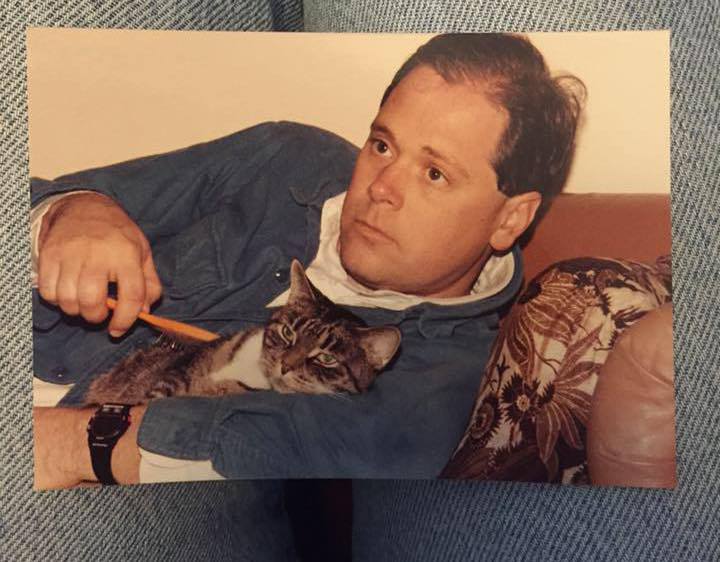
Let’s be honest: many CPTSD survivors reading this are doing recovery on their own.
No therapist. Limited support. Limited community.
When trauma recovery is discussed on the internet, it’s often in the context of therapy— what works, what doesn’t, what the hot new modalities are, what a good trauma therapist does and doesn’t do.
But let’s be real: most CPTSD survivors who need good trauma therapy, don’t get good trauma therapy.
And that’s to say nothing of the survivors struggling with DID or OSDD who can’t find competent treatment.
Affordability is an issue. Availability of decent therapists is an issue.
For many many survivors, safety is an issue— because they’re still in relationships or situations where it is unsafe or impossible to get to therapy sessions.
Of course it’s preferable for ever survivor to have access to competent trauma work and recovery support— but that’s just not the world we live in, is it?
So: we have to take seriously the fact that most CPTSD survivors are what I call MacGuyver-ing their way through recovery.
Gathering resources on their own.
Connecting with other survivors and communities on their own.
Adapting what they hear and read about.
Improvising this whole thing as best they can.
One of the reasons I do what I do on the internet is, self-help books and resources saved my life once upon a time.
No joke. I was depressed and and anxious and traumatized and addicted and alone and a teenager— and consistent, trauma informed or focused therapy wasn’t an option for me.
(Which is just as well, because I wouldn’t have known to call what I was struggling with “trauma” anyway at the time.)
DIY (“do it yourself”) resources got me by. They weren’t perfect, but they gave me enough MacGuyver-ed together tools and just enough inspiration to get me by.
So many survivors are in the same spot I was.
Doing it on your own.
I see you. I respect the hell out of you.
What I offer on the internet may not be perfect or comprehensive, but I want to give you things worth thinking about as you cobble together your DIY recovery.
Of course I wish everyone had access to good trauma therapy, and I wish good trauma therapists were able to take everyone who needs help at affordable rates. But that’s just not the world we live in.
So: hang in there, MacGuyver.
You are not alone.
And you can do this, even with the limitations of doing it on your own.
Read, read, read. Be a sponge. Take everything in. Consider ever resource that speaks to you, no mater how silly it may seem to anyone else.
You can do this. Most trauma survivors in history did it similarly on their own.
I promise you, you can do this.
And I know what I’m talking about.










